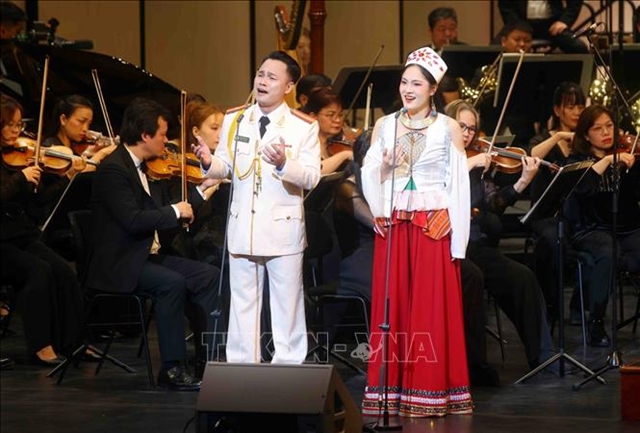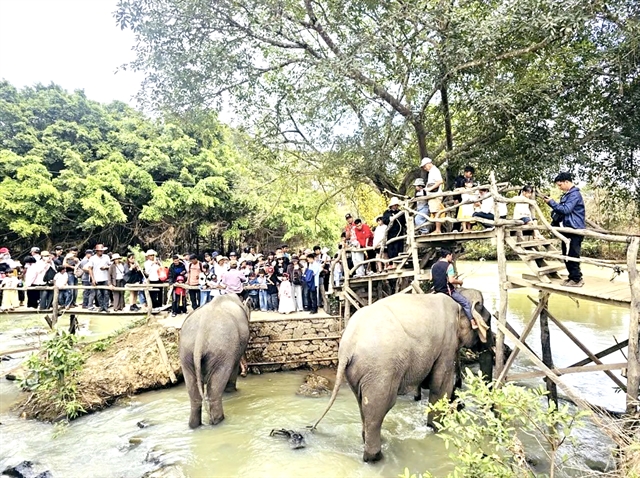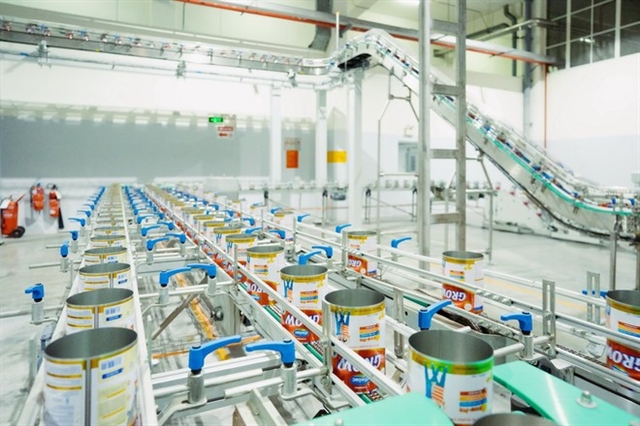 Economy
Economy
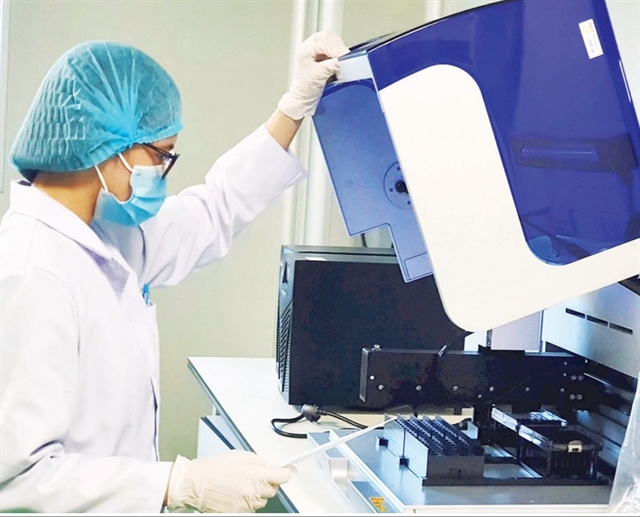
The COVID-19 health crisis and the resulting economic downturn has thrown a spanner in the works of already tardy public spending, hindering Việt Nam’s efforts to revive its post-pandemic economy and speed up slowing GDP growth.
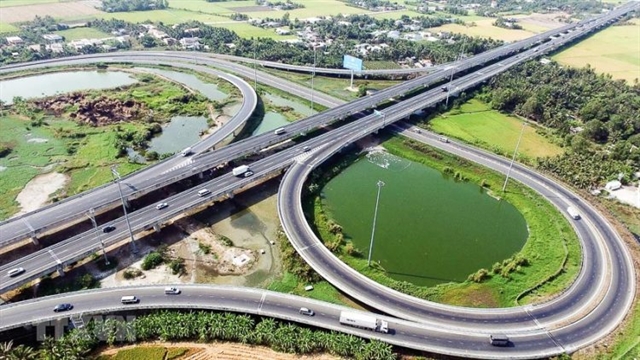
|
| A section of road running through Tân An City (Long An Province) of Hồ Chí Minh City-Trung Lương Expressway, part of the North-South Expressway. — VNA/VNS Photo |
By Linh Anh
HÀ NỘI — The COVID-19 health crisis and the resulting economic downturn has thrown a spanner in the works of already tardy public spending, hindering Việt Nam’s efforts to revive its post-pandemic economy and speed up slowing GDP growth.
“Public investment plays a central role in stimulating the private sector for socio-economic development, especially infrastructure development. It is also significant in the promotion of Việt Nam's economic growth in the period of 2021-2025,” Economist Nguyễn Bích Lâm, former Director of the General Statistics Office, said.
“The increase of every Vietnamese đồng in public investment capital will lead to the rise of another 1.61 Vietnamese đồng from non-State investment capital. Thus, the slower in public investment disbursement, the tardier in economic growth,” he said.
Falling short
Total disbursement of public investment in Việt Nam, in the first six months of this year reached VNĐ133.9 trillion (US$5.8 billion). This is just 29.02 per cent of the planned spending assigned by the Prime Minister. It’s also down 34 per cent from last year during which, foreign-funded capital disbursements sat at just 7.37 per cent.
Only nine ministries and 20 localities had a disbursement rate over 30 per cent of what they planned. There were 37 out of 50 ministries and 16 out of 63 localities that recorded disbursement rates below 20 per cent.
The North-South Expressway, Nhổn-Hà Nội Railway Station metro route, Long Thành International Airport, the second branch of the Chợ Rẫy Hospital Project in HCM City, and the Yên Xá Wastewater Treatment Plant in Hà Nội are among the projects running behind schedule, that are stirring up public controversy.
A number of causes of the delayed disbursement have been identified.
Disruptions caused by the COVID-19 pandemic, meant that in the first quarter, ministries, central agencies, and localities were still disbursing capital from 2020 which had been transferred to 2021, according to the Ministry of Planning and Investment (MPI). The MPI is in charge of conducting state management over Việt Nam’s public investment plans.
In addition, a number of big projects have seen their capital investment adjusted. For example, the North-South Expressway received an additional VNĐ1.64 trillion supplement from the Ministry of Transport to meet growing expenses.
Investors have also been making preparations for administrative and legal procedures related to bidding on construction for projects. This has further exacerbated the time official construction projects take and subsequently for money to be disbursed.
Snail-paced approval for site clearance from the local planning authorities, has also negatively impacted on the speed of disbursement.
Approval for excavation of the foundations of a construction project can range from three to four days up to three weeks.
The MPI attributed the stagnation in disbursement to the irresponsible and loose management of some leaders in some localities, agencies and ministries.
To cope with scattered and inefficient public investment, in mid-May this year, the Prime Minister issued Directive No 13/CT-TTg clarifying the major guidelines for the development of medium-term public investment plans for the 2021-2025 period.
The move comes amid huge economic uncertainty caused by COVID-19.
In the document, the PM requested that concerned ministries, central agencies and localities receive appraisals from the MPI to review all State-funded projects expected to be part of medium-term public investment in the 2021-2025 period. The aim is to address thinned-out and inefficient investment and promptly remove barriers, particularly those related to institutions, administrative procedures, and site clearance.
Delayed transport projects
The Ministry of Transport said that by late June, the ministry had disbursed about VNĐ17.3 trillion, equivalent to 40 per cent of the total capital earmarked for 2021. This is higher than the average disbursement rate of the ministries and central agencies during the first six months of the year.
A number of construction firms have also complained about the skyrocketing prices of construction materials.
“In addition to the impact of the COVID-19 crisis, one of the main causes behind this precarious situation is that in 2021, the price of steel and other construction materials increase dramatically, hampering the mobilisation of resources and impeding progress of many contractors,” said Ngô Trí Long, former director of the Ministry of Finance's Price and Market Research Institute.
“Without urgent and drastic policies and solutions, it is difficult to realise the economic growth targets set by the National Assembly,” Long said.
“There were times that the prices of construction steel soared by more than 40 per cent, along with that of other materials also increased. When there is yet any decision to balance the prices, contractors tend to delay projects or even stop construction to avoid losses,” said a representative of Đèo Cả Traffic Infrastructure Investment JSC.
“In the face of a fluctuating market, localities should promptly announce construction material prices and monthly construction price indexes, in line with the actual market prices as a basis for investors and contractors to adjust the contract prices under specific conditions,” he said.
The Ministry of Planning and Investment (MPI) has just submitted to the Prime Minister the draft decision of the PM to establish a special working group headed by the MPI to review and remove difficulties for State-funded investment projects at ministries and localities.
The special working group is expected to build competitive investment attraction policies, including incentives on tariffs, access to land, as well as solutions to prevent further disruptions to the supply chain and a lack of human resources. In addition, as a key priority for investors is stability and legal consistency, the special working group will complete the relevant legal framework, MPI said. — VNS


